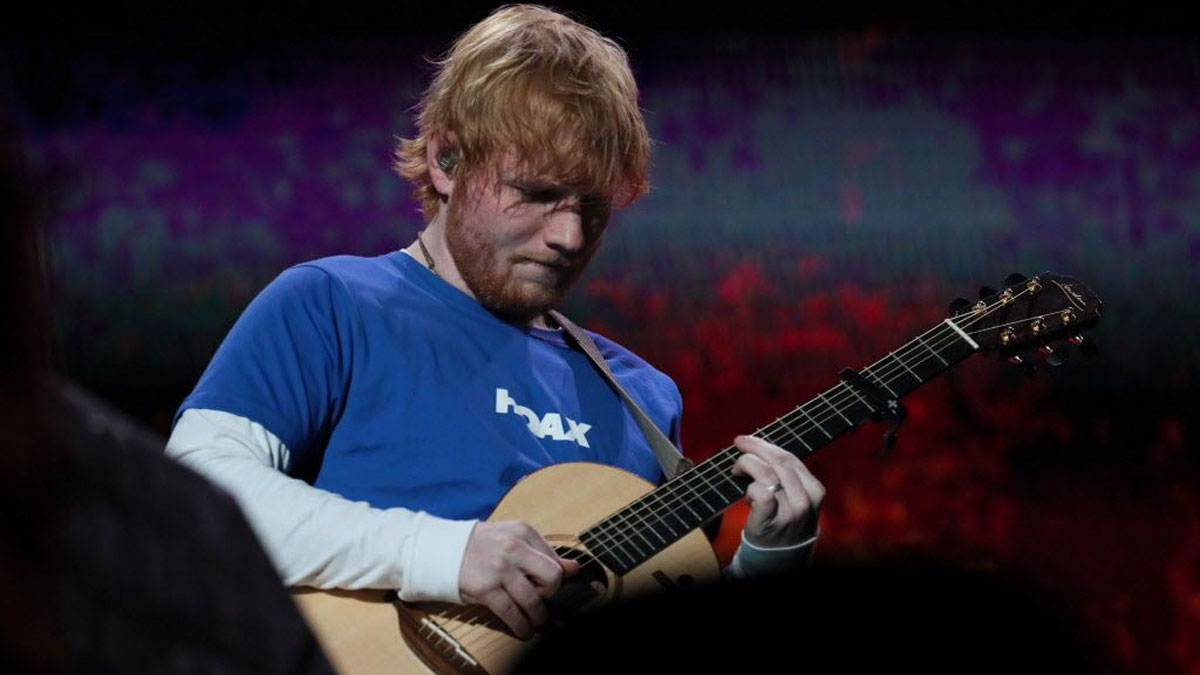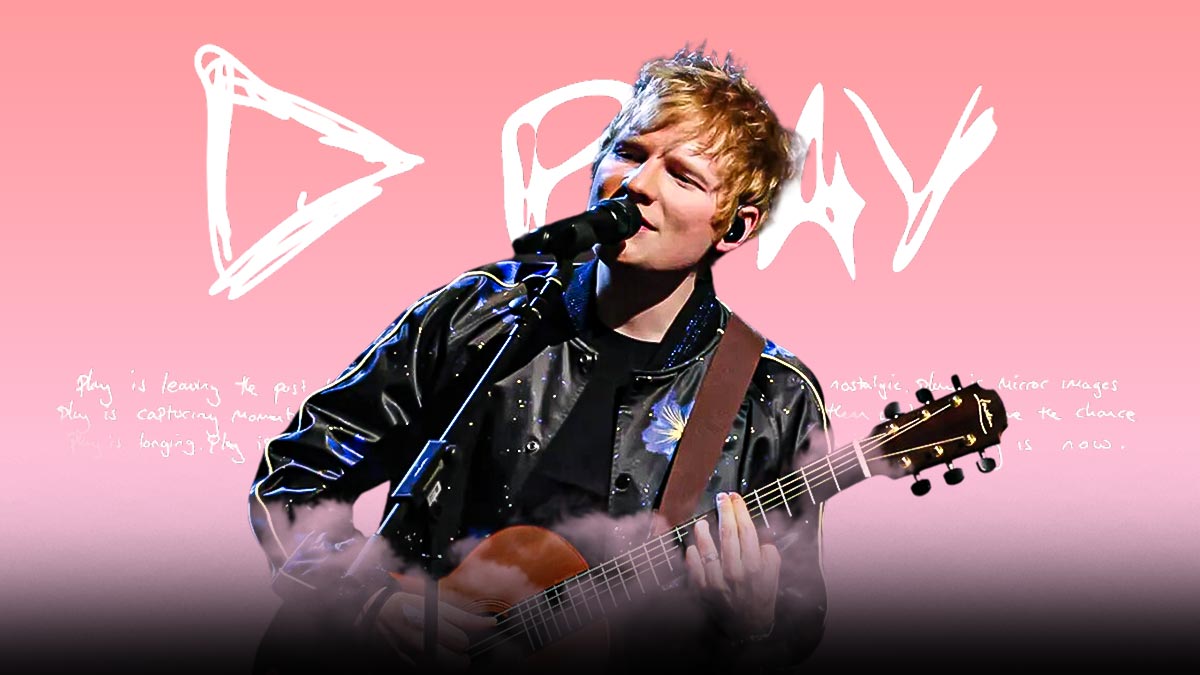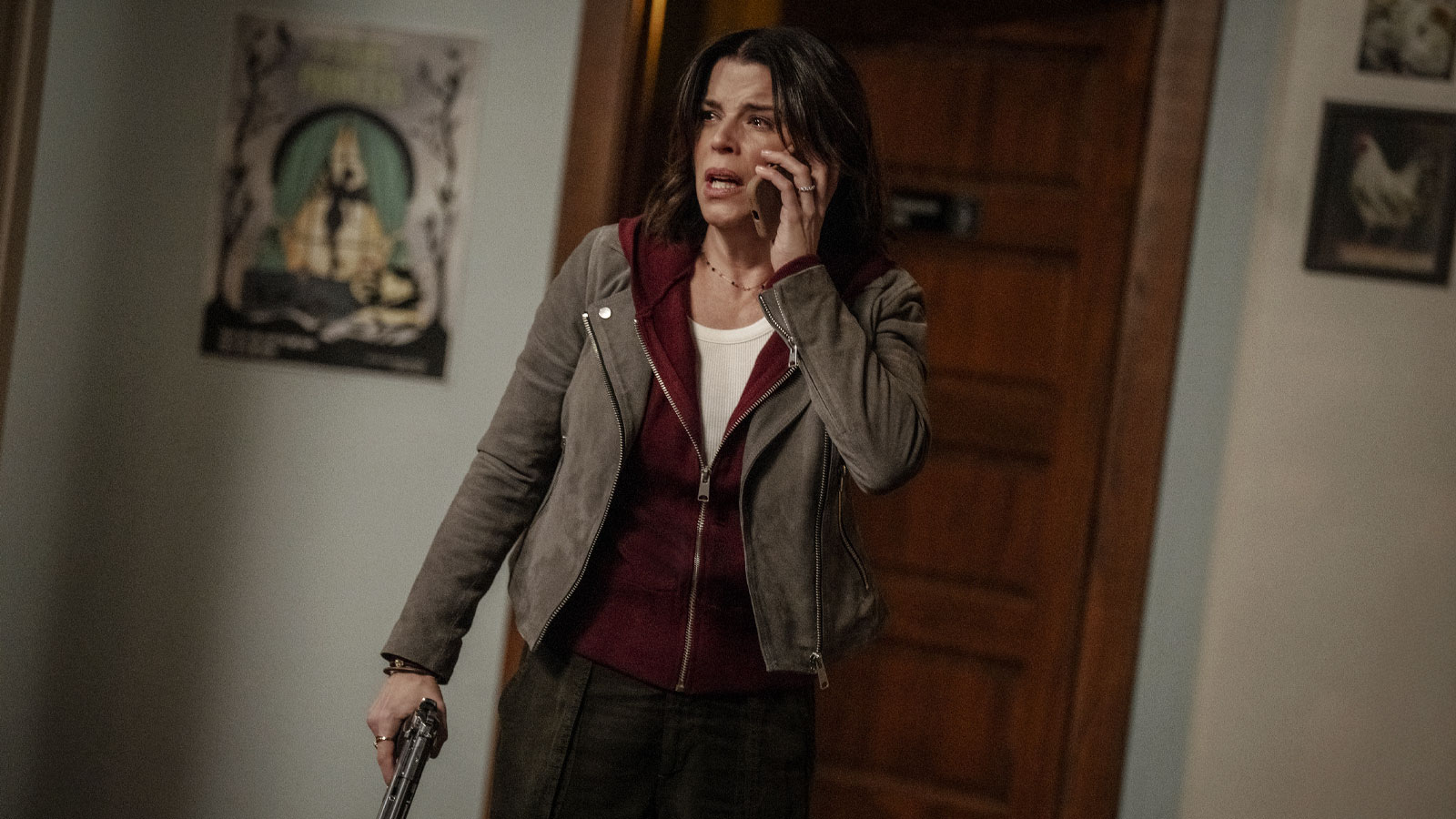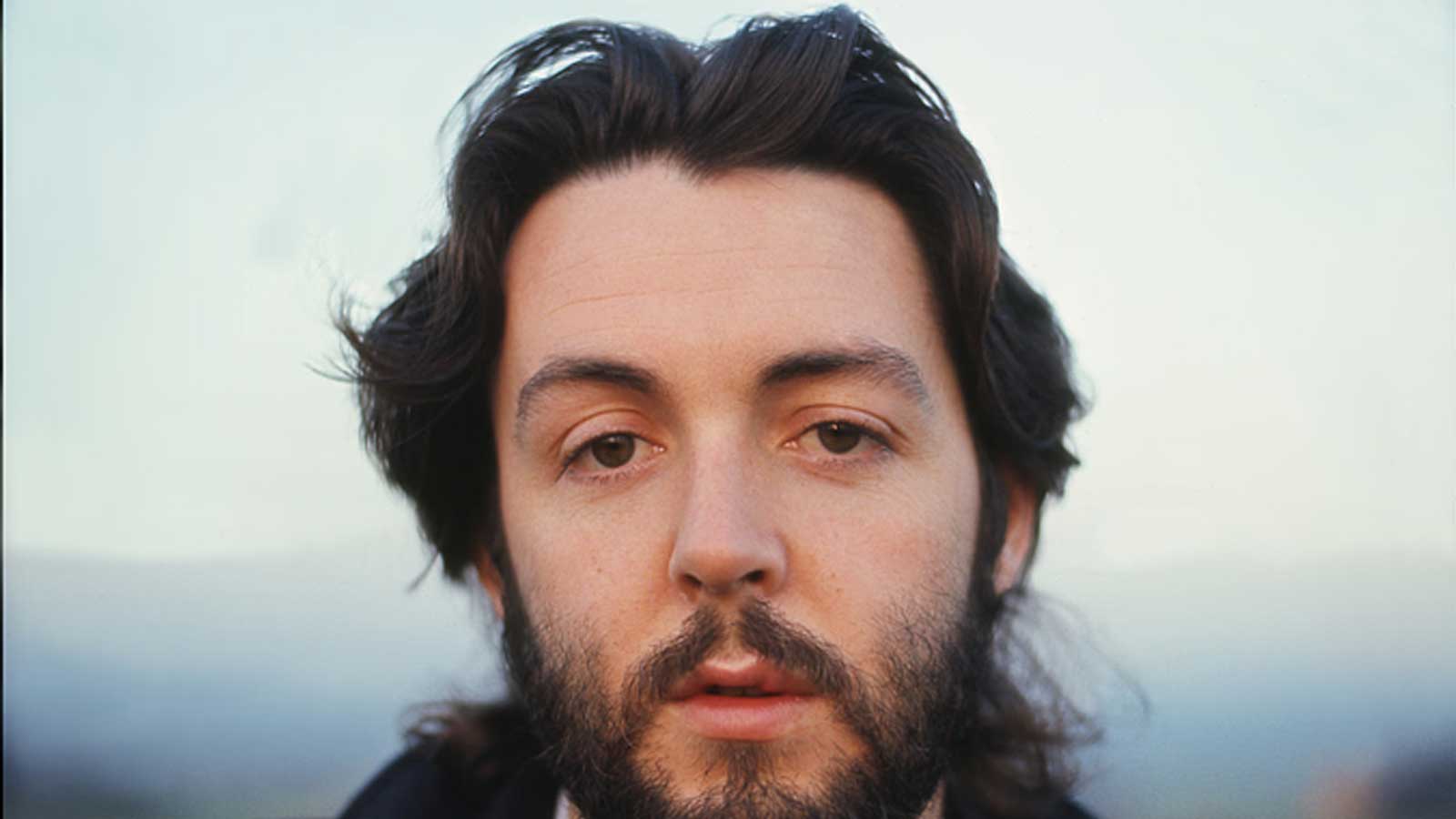For the first time since his Equals album in 2021, Ed Sheeran has returned to the pop genre with his latest project, Play.
It feels like a long time coming. Since Equals, Sheeran has released Subtract — perhaps his best showcase as a writer — and the underrated and overlooked Autumn Variations (which feels like a non-canon event in the Ed Sheeran lore until his next album, named after a season, comes out). Both had their moments, but they were the most “indie” Sheeran got since he became a star.
Play is a return to the joyous pop bops that made Divide blow up way back in 2017. Singles like “Azizam” and “Sapphire” proved he's still got the ability to write radio-friendly bops. Like Coldplay with Moon Music, he infuses other cultures into these songs. But it's the quieter ballads that are where he succeeds.
He typically has one or two love ballads per album. With all of the hype regarding this being a pop album, Play succeeds with its exceptional slower songs. “Camera,” “The Vow,” and “For Always” are up there with some of his best lyrics.
That makes Play Sheeran's most well-rounded project in years. It may not be as poignant as Subtract or hit-filled as Divide, but it is a return to form for him. If nothing else, Play proves Sheeran can return to the pop genre without missing a beat.
Ed Sheeran's Play review

The very first line from Sheeran's Play album sets the record straight. The first track, fittingly titled “Opening,” is closer to “Eraser” than “Tides,” with a mid-song rap. “It's a long way up from rock bottom,” he sings. “There's been times I felt I could fall further.”
A few lines later, he claims to have “shaken hands with my wife's surgeon.” His wife, Cherry, was previously diagnosed with cancer while pregnant.
That life-changing experience—along with the death of his close friend Jamal Edwards—influenced the direction of his last two albums. Clearly, he is still affected by it.
In turn, it feels like Sheeran's return to pop serves as a reminder to enjoy every moment with their loved ones. “Camera,” a standout song, talks about living in the moment, not requiring a camera to remember life's important moments. “I don't need a camera to capture this moment / I'll remember how you look tonight for all my life,” is somehow not the sweetest line on the album.
Directly following “Camera” is “In Other Words,” which begins with a piano riff akin to “Old Phone's” opening. It sounds like a ballad that Ben Rector would write (think “30,000 Feet”), and that is a compliment. He longs for his wife to give him the daily rundown full of minute details of her workday. These are moments that seem mundane, but you can't get them back, either.
The sadness is uplifted by “A Little More,” an infectiously upbeat tune. The backing arrangement, complete with a horns section, feels like a throwback to '80s mall music. Sheeran once again goes into a rap, which fits better here than “Opening.”
Sheeran's vocal range is on full display in “Slowly,” as he belts, “kill me slowly” in the chorus. For as upbeat as the album can be, Sheeran gives a pained performance. It's raw, and probably the most impressive vocal performance he has given since “Dive.”
2 sides of the same coin

Play's biggest standouts are “The Vow” and “For Always,” which are two sides of the same coin. Sheeran and his wife have known each other since they were younger, which he concedes in “The Vow.” And yet, despite all of the ups and downs of a marriage, he “promised you all of my days,” and he will “swear it again and again.”
But it doesn't end there. Vows are written and stated, but words can be cheap. They have been through the best and worst times. What better proof of commitment is there?
“The Vow” has a similar arrangement to “Perfect” with its short guitar strums and simple drum rhythm. Still, despite its soulful simplicity, it's a beautiful track, almost like an homage to Stevie Wonder.
In “For Always,” Sheeran seemingly promises that despite the days he cannot be with her — given his rigorous touring and production schedule — he will always be there. It's familiar territory to songs from Equals like “Collide” and “Leave Your Life,” but vows are renewed, and so can sentiments.
“I'm forever, I'm for always / From your first breath till my last day / Whether I'm by your side / Or a thousand miles away / I'm forever, I'm for always,” he sings in the chorus.
The pop songs
Play is still a pop album at its core. The bops start right off the bat, with the sequence of “Opening,” “Sapphire,” and Azizam” starting things off strong.
If you were to ask what an Ed Sheeran song sounds like, “Sapphire” is the template. From its fast rhythm and simple refrain to the slowed-down middle eight, it follows the same template that made “Castle on the Hill” and “Shivers” hits.
What's unique about songs like “Sapphire” and “Azizam” is their usage of other languages. Punjabi and Persian are spoken on the tracks, giving a platform to new voices.
“Old Phone” is the closest Sheeran has sounded to the folk genre Noah Kahan has reinvented. Stick Season had to have been an influence on Sheeran when writing the song.
The only miss on the album is “Symmetry.” It's too similar to “Sapphire” for its own good. “Heaven's” usage of multi-layered vocals is an interesting choice for the closing song as well.
Should you listen to Ed Sheeran's Play?

Play is Sheeran's shortest album, and it feels like it. It flies by, and there are minimal misses. The future for Sheeran remains unclear. Will he continue down this path? Or will he go back to making sadder music?
Either way, he will be fine. Play opens the door for exciting new live songs for him to tackle. There's a lot of potential, even if Play isn't on the level of Divide or Equals.
On “Opening,” Sheeran says he “ain't complacent,” as he knows people are vying for his spot atop pop. Play is a step in the right direction if he wants to stay on top.
Play is out now.




















